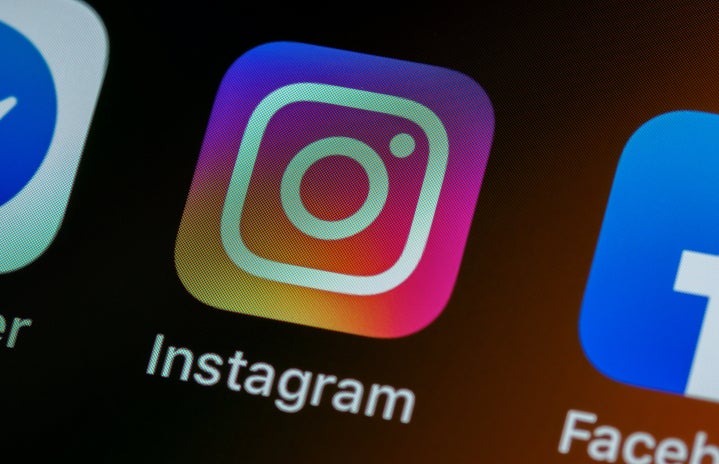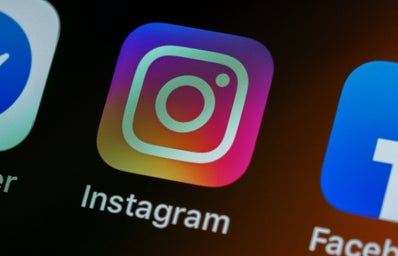Currently, the media is always under fire. It’s difficult for those in the media and consumers of the media to find a true balance and understanding of each other. We are all consumers of the media, and it is our responsibility to be educated and informed. It’s very easy to fall victim to criticizing the media and losing our understanding of others. Technology has changed to the point where we decide what news outlets will cover and report on.
Most news outlets choose what to report based on analytics of what consumers prefer and interested in seeing. That means that you have the power to influence what the media focuses on. Use it. You are now in control, and in even bigger ways than you may have thought. That’s why media literacy is so crucial. Media literacy is your ability to identify various types of media and to be able to understand the messages they are sending. Here’s how to become a media aficionado:
1. Party-ism is bad. Really bad.
All of us perceive things differently, and that is due to how different we all are as individuals. Race, ethnicity, education, gender, social status, economic status and life experience all play extremely large roles in how we interpret what we read and see. Often, we only seek out what we agree with or are interested in. This can dangerously lead to party-ism, which is when we discriminate based on someone’s political beliefs or inclinations.
Political scientists Shanto Iyengar and Sean Westwood conducted a study where they gave 1,000 people student resumes and asked the participants which student should receive scholarships. The resumes had both racial and political information by means of which clubs and groups they were involved in. Race influenced decisions: black participants favored black students 73 percent to 27 percent while white participants favored black students slightly. However, political associations were much more powerful.
Both Democrats and Republicans recommended the students who aligned with either of their views 80 percent of the time, even if another student was more qualified. This is incredibly dangerous. It is never okay to devalue another human being based on their beliefs. It’s very hard in this political climate, especially when so many emotional issues beg you to form some sort of bias. Fight it. Of course, some issues run deeply personal and become emotional for us, and many people speak from a place of ignorance or lack of understanding. I don’t expect you to support them, but I do expect you to forgive them. We are all human.
2. If you can post something, so can anyone else.
It’s so easy for anyone today to create media. Every second, there’s an average of 6,000 tweets that are tweeted on Twitter and over 95 million photos and videos are shared each day on Instagram. That is so much content going out into the world, with practically no barriers or credibility required.
We must learn to think critically and evaluate what we come across on the Internet. We need to decide what make senses, why certain information was chosen (and not chosen) and what the message is. Always make sure opinions have examples defending their stance and information. You can make up your own mind based on what you observe and are able to pull from the information given.
3. It’s a mind game.
Don’t fall victim to implicit biases and persuasive aspects of the media. Everyone has different intentions for producing and posting what they do. It’s so easy to fall for advertising ploys – I do it all the time. But, the important thing is to understand when you’re being predisposed to think or choose something.
Don’t let your opinions become regurgitations of someone else’s. Figure out what you believe, but make sure to also be informed about things you may disagree with. It’s so easy to be blindly fed false information. However, as long as you are aware of potential biases or motivations, then you will be able to still think independently. It’s important to also recognize point of view. Every creator has a different point of view. Recognize where that person is coming from and why they believe the things that they do. Recognizing perspective creates context and fosters appreciation for different ways of thinking.
4. Produce media responsibly, please.
Be respectful. Yes, some people can really, really try you at times, but just ignore them. Whenever you post something, whether it’s a hilarious and seemingly harmless joke or a political commentary for your Facebook fan club, recognize the consequences your actions have. We’ve all been there, we get so heated and passionate about what we believe in (which is in no way wrong, always hold on to your convictions) and forget who follows us. This results in a comment war, or someone unfriending us.
Try to create an environment that fosters open communication. If you create a divide, you’ll only continue to push away those that don’t agree with you. With all of this being said, never feel like you have to censor yourself or compromise who you are for other people. At the end of the day, it’s your social media and your choice. Just make sure you know what you believe in, and what you’re doing. Sharing what you believe in and what you support is a great way to bring issues to the attention of media outlets, your peers or even leaders. Just make sure to be inclusive as often as you can.
5. The media exists for a reason.
The media’s true purpose is to shape our understanding of the world and protect democracy. The news keeps us informed and as active citizens of the world. The media is a means to empower and teach citizens how to lead their lives and better the world.
Yes, the media isn’t always right. You have to remember that the people out there getting the stories and conducting the interviews are human. It takes so much training and practice to nail a story, and mistakes happen. That’s a part of life. That’s why you, as a consumer, have to account for inaccuracies, bias and different perspectives. No, that’s not shifting the job onto you. You have to look at everything in life with a critical eye.
There are multiple incredibly talented and nearly flawless journalists who risk their lives to spread awareness and create stories to advocate for others. Look at the media as a means to fight ignorance and understand others. That is the purpose of the media. We need the media to act as world citizens.
Media literacy is a crucial skill to have in order to remain an active participant in our world today. We, as consumers, have the power to influence what becomes a part of the media. It’s our duty to remain informed and push for what is important to us. Recognize your power and use it to better our world. We are all producers and consumers of media; do not take your power lightly.

